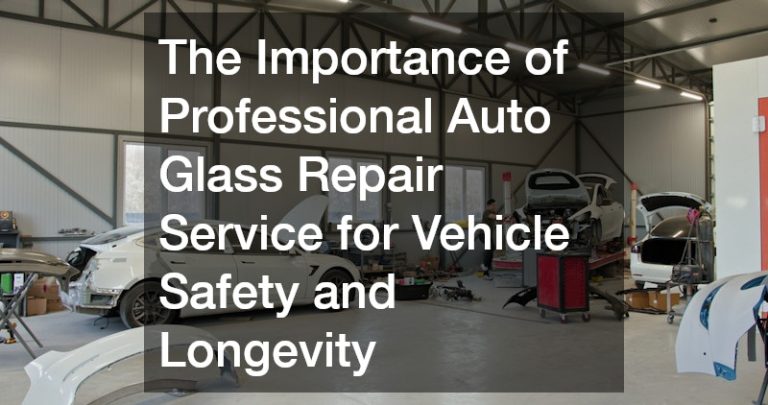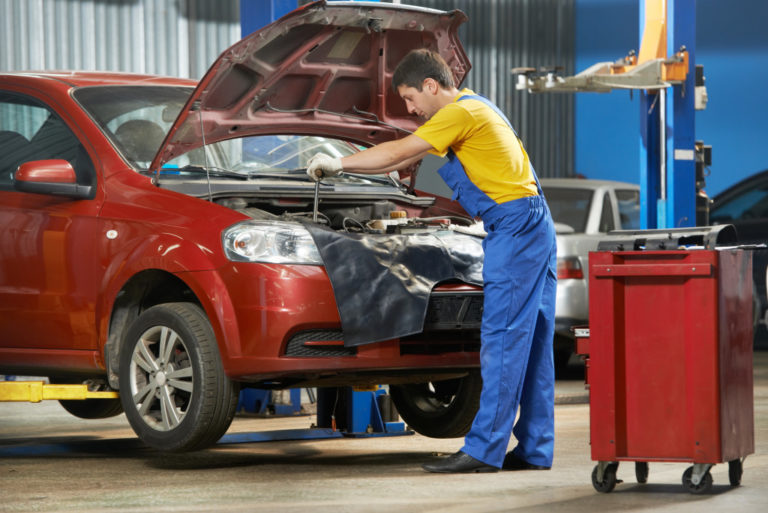1. How to Maintain a Healthy Car Engine

One of the most important aspects of maintaining a healthy car is taking care of the engine. Regular oil changes are crucial to keep the engine running smoothly and prevent premature wear and tear. Checking and replacing filters, such as air filters and fuel filters, is also essential to ensure optimal engine performance. Monitoring coolant levels is another key step in maintaining a healthy car engine, as overheating can cause serious damage.
For the best results, it’s recommended to follow the manufacturer’s guidelines for oil change intervals and filter replacements. Regular maintenance will not only prolong the life of your engine but also improve fuel efficiency and overall performance. By taking care of your car’s engine, you can enjoy a smoother and more reliable driving experience for years to come.
In addition to regular maintenance, it’s important to address any issues promptly by seeking help from auto repairs or german car mechanics when needed. Ignoring problems with the engine can lead to costly repairs down the line, so it’s best to stay proactive and address any issues as soon as they arise to ensure a healthy car.
2. Importance of Tire Maintenance
Tire maintenance is another critical aspect of keeping your car in top condition and ensuring a safe driving experience. Regularly rotating tires helps to promote even wear and extend their lifespan while checking tire pressure monthly is necessary for optimal performance and fuel efficiency. Inspecting tread wear is also important to identify any signs of uneven wear or damage that could lead to unsafe driving conditions. This is among the most important auto repairs.
When it comes to tire maintenance, it’s a good idea to visit auto dealers or auto detailing companies for professional services such as tire rotations and inspections. These experts can help ensure that your tires are in good condition and make recommendations for replacements if needed. By staying on top of tire maintenance, you can improve your car’s handling, stability, and safety on the road.
In addition to regular maintenance, drivers should be mindful of their driving habits to minimize wear and tear on tires. Avoiding abrupt stops, sharp turns, and driving over potholes can help extend the life of your tires and keep your car in healthy condition.
3. Keeping Your Car’s Exterior in Good Condition

Maintaining your car’s exterior not only enhances its appearance but also protects it from damage. Washing and waxing your car regularly helps remove dirt, grime, and contaminants that can harm the paint and finish. Protecting your car from sun damage is also important, as UV rays can cause fading, peeling, and oxidation of the paint. Look into manual car washes near you.
When it comes to maintaining your car’s exterior, it’s worth visiting auto paint protection or auto detailing companies for professional services. These experts can recommend the best products and techniques to keep your car looking its best and prevent damage. Repairing paint chips and scratches promptly is also crucial to prevent rust and further deterioration of the paint.
In addition to regular maintenance, consider parking your car in a shaded area or using a car cover to protect it from the elements. By taking proactive steps to care for your car’s exterior, you can preserve its resale value and enjoy a well-maintained vehicle for years to come.
4. The Role of Fluid Levels in Auto Longevity
Maintaining proper fluid levels is essential for the health and longevity of your car. Checking and topping off fluids such as oil, coolant, brake fluid, and transmission fluid is necessary to ensure optimal performance and prevent damage. Regularly inspecting for leaks is also important to catch any issues early and prevent costly repairs down the line.
Following the manufacturer’s recommendations for fluid changes and replacements is key to keeping your car running smoothly. Whether you visit a brake service or a german car mechanic, be sure to stay on top of fluid maintenance to avoid problems and prolong the life of your vehicle. By staying proactive and addressing fluid issues promptly, you can enjoy a healthier and more reliable car.
In addition to regular maintenance, it’s important to be mindful of any changes in fluid levels or quality. If you notice a sudden drop in oil or coolant levels, or if you see signs of leaks under your car, it’s best to address these issues promptly to prevent further damage and maintain a healthy car.
5. How to Extend the Life of Your Car Battery

Maintaining a healthy car battery is crucial for starting your vehicle and powering its electrical systems. Keeping the terminals clean and free of corrosion helps ensure a strong connection and optimal battery performance. Avoiding frequent short trips that don’t allow the battery to fully recharge is also important for extending its lifespan.
Testing the battery voltage regularly with a multimeter can help you monitor its health and identify any issues before they become serious. If you notice signs of a weak or failing battery, such as slow cranking or dim lights, it’s best to replace it promptly to avoid getting stranded. By following these tips and being proactive about battery maintenance, you can enjoy a reliable and long-lasting battery.
If you encounter any problems with your car battery, consider seeking help from an auto glass repair company or a tow truck service for assistance. These professionals can help diagnose the issue and provide necessary repairs or replacements to keep your car running smoothly and maintain a healthy battery.
6. Tips for Maintaining a Healthy Transmission
Your car’s transmission plays a crucial role in transferring power from the engine to the wheels, so it’s important to keep it in good condition. Regularly checking the transmission fluid level and quality helps ensure smooth shifting and prevent premature wear. Listening for strange noises, such as whining or grinding, can indicate transmission issues that should be addressed promptly.
If you notice any warning signs of transmission problems, it’s best to visit a German car mechanic or an auto repair shop for an inspection. Professional technicians can diagnose the issue and recommend the necessary repairs or maintenance to keep your transmission healthy. By staying proactive and addressing transmission issues early, you can avoid costly repairs and enjoy a reliable driving experience.
In addition to regular maintenance, it’s important to follow the manufacturer’s recommendations for transmission service intervals. By staying on top of fluid changes and inspections, you can prolong the life of your transmission and ensure the smooth and efficient operation of your vehicle.
7. The Importance of Regular Brake Inspections

Brake maintenance is essential for ensuring the safety and performance of your car. Monitoring brake fluid levels and checking for signs of leakage are important steps in maintaining healthy brakes. Inspecting brake pads for wear and replacing them when necessary helps ensure optimal braking performance and prevents damage to other brake components. Talk to your car insurance company about whether they can cover these repairs.
If you hear squealing or grinding noises when applying the brakes, it’s a sign that the brake pads are worn and need replacement. Ignoring these warning signs can lead to brake failure and unsafe driving conditions, so it’s best to address them promptly. By visiting a brake service or an auto repair shop for professional inspections and repairs, you can keep your brakes in top condition and ensure your safety on the road.
In addition to regular brake inspections, it’s a good idea to have your brakes serviced as recommended by the manufacturer. Following the recommended service intervals helps prevent premature wear and ensures that your brakes are functioning properly. By staying proactive about brake maintenance, you can enjoy a safe and reliable driving experience.
8. How to Keep Your Car’s HVAC System Running Smoothly
Your car’s heating, ventilation, and air conditioning (HVAC) system play a crucial role in providing comfort and maintaining a healthy interior environment. Regularly changing cabin air filters helps ensure clean air circulation and prevents mold and bacteria buildup. Checking refrigerant levels and testing the functionality of the heater and AC are important steps in keeping your HVAC system running smoothly.
If you notice reduced airflow, strange odors, or weak cooling/heating performance, it’s a sign that your HVAC system needs attention. Visiting an auto repair shop or a manual car wash for professional HVAC inspections and repairs can help identify and address any issues. By staying proactive about HVAC maintenance, you can enjoy a comfortable and healthy driving experience in any weather conditions.
In addition to regular maintenance, it’s important to keep your car’s interior clean and free of debris that can clog the HVAC system. Vacuuming regularly, cleaning air vents, and using air fresheners can help maintain a fresh and healthy interior environment. By taking care of your HVAC system and keeping your car’s interior clean, you can enjoy a more comfortable and enjoyable driving experience.
9. Tips for Avoiding Overheating Issues
Overheating can cause serious damage to your car’s engine and other components, so it’s important to take preventive measures to avoid it. Checking the radiator for leaks and damage helps prevent coolant loss and overheating issues. Monitoring coolant levels and topping off as needed is essential for maintaining proper engine temperature and preventing overheating.
To keep your engine coolant clean and free of contaminants, it’s important to flush the cooling system periodically and use high-quality coolant. Following the manufacturer’s recommendations for coolant changes and flushes is key to preventing overheating and ensuring optimal engine performance. By staying proactive about monitoring coolant levels and taking care of the cooling system, you can avoid overheating issues and maintain a healthy car.
If you encounter any signs of overheating, such as steam coming from under the hood or a rising temperature gauge, it’s best to pull over and let the engine cool down. Seeking help from an auto repair shop or a german car mechanic for diagnostics and repairs can help identify the cause of overheating and prevent further damage. By being vigilant about preventing overheating issues, you can enjoy a reliable and well-maintained vehicle.
10. The Impact of Driving Habits on Auto Longevity
Your driving habits play a significant role in the health and longevity of your car, so it’s important to be mindful of how you drive. Avoiding aggressive driving, such as speeding, rapid acceleration, and hard braking, can help minimize wear and tear on your car’s engine, transmission, and other components. Limiting short trips and opting for longer routes when possible can also help ensure that your engine reaches optimal operating temperature and runs more efficiently.
Following speed limits and traffic rules not only promotes safe driving but also helps prevent unnecessary stress on your car’s systems. By driving responsibly and following best practices, you can prolong the life of your vehicle and enjoy a smoother and more reliable driving experience. If you do encounter any issues, such as unusual noises or performance problems, it’s best to seek help from an auto repair shop or a german car mechanic for prompt diagnostics and repairs.
In addition to safe driving habits, it’s important to maintain your car regularly by following the manufacturer’s recommendations for service intervals and inspections. By staying proactive about maintenance and addressing any issues promptly, you can keep your car in top condition and enjoy a long and healthy vehicle life.








